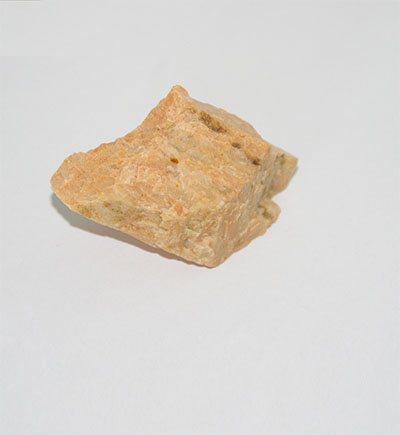Magnesia carbon brick is a high melting point basic oxide magnesium oxide (melting point 2800 ° C) and a high melting point carbon material which is difficult to be infiltrated by slag as a raw material, and various non-oxide additives are added. Aluminum high-purity magnesia brick, non-burned carbon composite refractory material combined with carbon binder. Magnesia carbon brick is mainly used for the lining of converter, AC arc furnace, DC arc furnace, slag line of ladle and so on. As a composite refractory material, high-purity magnesia bricks effectively utilize the strong slag-resistance ability of magnesia and the high thermal conductivity and low expansion of carbon, which compensates for the most disadvantageous and poor defects of magnesia.

Its main features are: 1 has good high temperature resistance 2 strong slag resistance 3 good thermal shock resistance 4 high temperature creep low raw material impact on the performance of magnesia carbon bricks The main raw material for producing magnesia carbon bricks, the quality of magnesia It has an extremely important influence on the performance of magnesia carbon brick. How to choose magnesia is the key to producing magnesia carbon brick. Magnesia has fused magnesia and sintered magnesia, which have different characteristics. Fused magnesia: large crystal grains, less impurities, less silicate phase, high degree of direct grain bonding, and less grain boundaries. Sintered magnesia: The grain is fine, the impurity is relatively more than the silicate phase, and the direct bonding degree is poor. For the magnesia raw material, in addition to the chemical composition, in terms of the structure, high density and large crystallization are required.
Therefore, as the quality index of the magnesia raw material used for the production of magnesia carbon bricks, the following contents should be examined: 1. Magnesium oxide content (purity) 2 Types of impurities, especially. C/S and B2O3 content 3 Magnesia density, pore diameter, pores Morphology, etc. (sinterability). The purity of magnesia has a significant impact on the slag resistance of magnesia carbon bricks. The higher the content of magnesium oxide, the less the impurities, the lower the degree of silicate phase division, the higher the degree of direct binding of periclase, the penetration resistance of slag and the melting loss of slag. The juice in magnesia is mainly composed of calcium oxide, silicon dioxide and iron oxide. If the content of impurities is high, especially the compound of boron oxide, it will adversely affect the refractoriness and high temperature performance of magnesia. The impurities in the magnesia are mainly affected by the following aspects. 1 The direct bonding degree of the reduced magnesite is reduced. 2 The low-melting iron oxide and the magnesium oxide are formed at a high temperature, and the impurities such as silica are at 1500-1800 ° C. The reaction of magnesium oxide with carbon leaves pores to deteriorate the slag resistance of the product. For the magnesia raw material, in addition to the total amount of impurities, the type of impurities and the relative content of the group of magnesia also have a significant impact.
tel:+86-0412-7823890 Mobile phone:+86-13804925659![]()
![]()
![]()
![]()
![]()
![]()
![]()
![]()
![]()
![]()
![]()
fax:0412-7821123 email:lnhyky@126.com
Address: 16-1, the fourth phase of the Jade Pearl of Silk Road, Xiuyan County, Anshan City, Liaoning Province

Sweep, learn more +